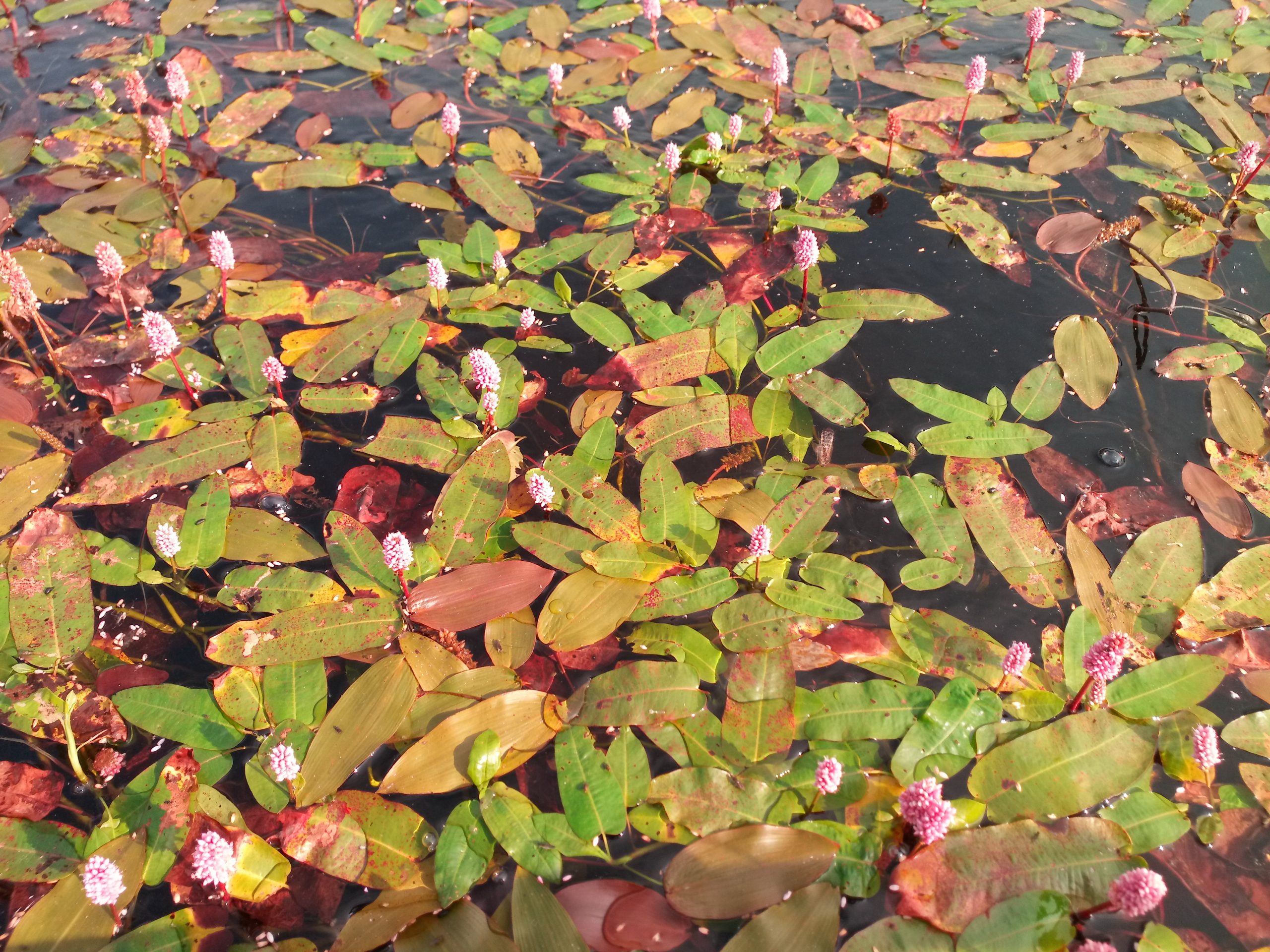ALGAECIDE - innovative method
to prevent the "bloom" of water

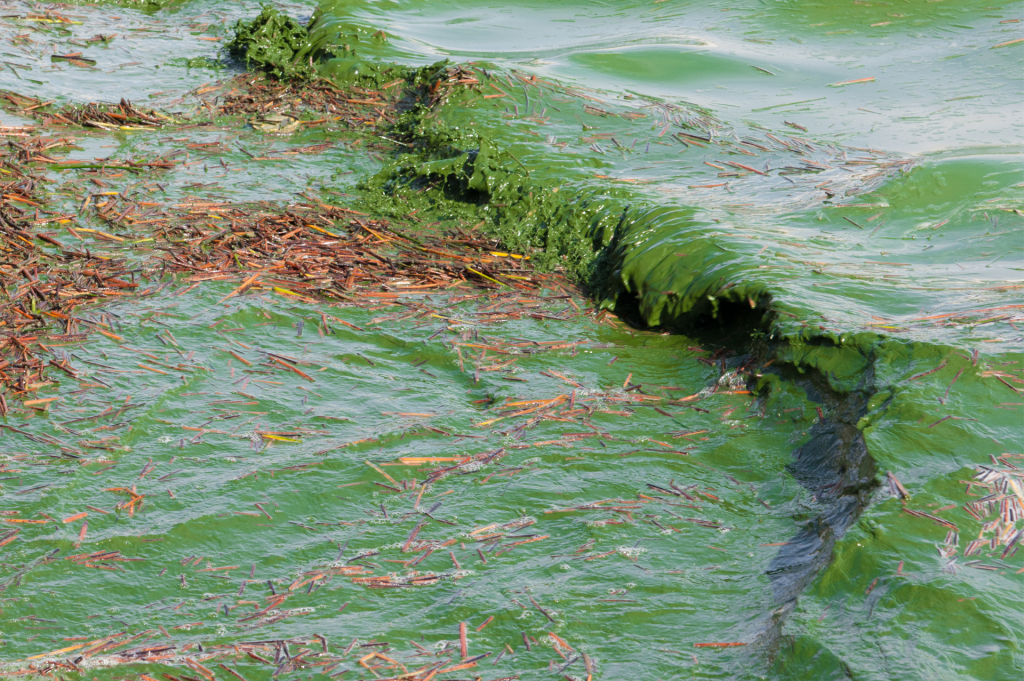
The study of the suppression of cyanobacteria in nature has been carried out by scientists from the Institute of Lake Science of the Russian Academy of Sciences for more than 10 years. As a result of these studies, was synthesized and patented ALGAECIDE, which suppresses the growth of cyanobacteria.
The ALGAECIDE was created on the basis of substances secreted by aquatic macrophytes. With the help of these substances, macrophytes suppress the development of harmful cyanobacteria in natural conditions without harming other organisms in the ecosystem.
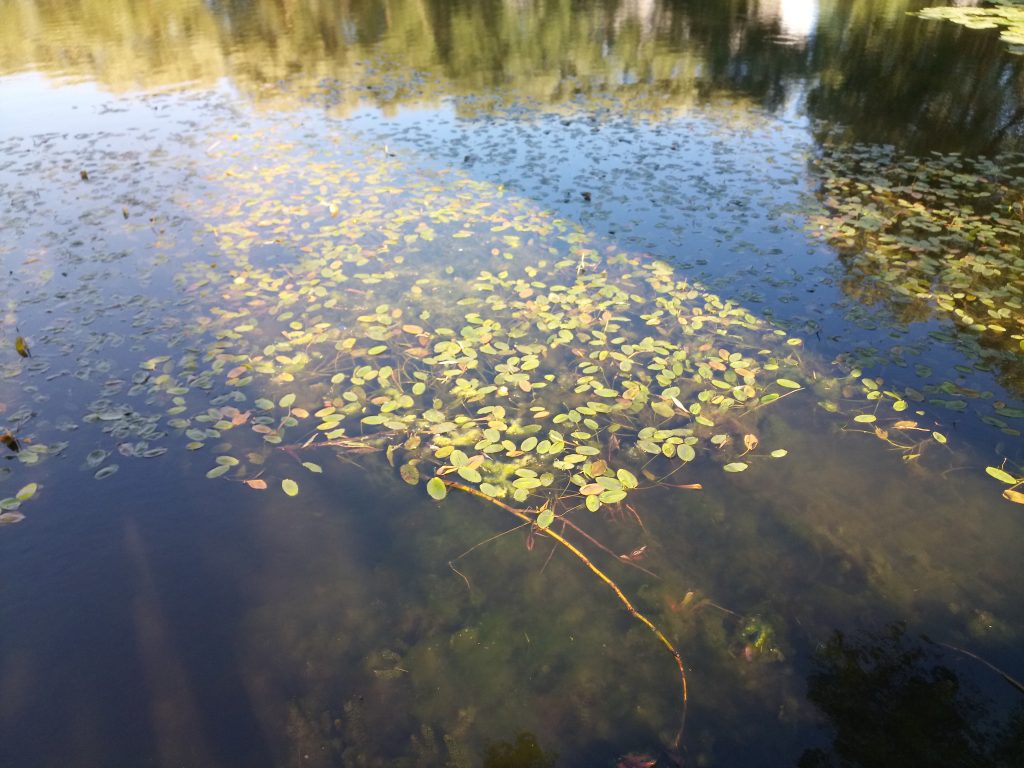
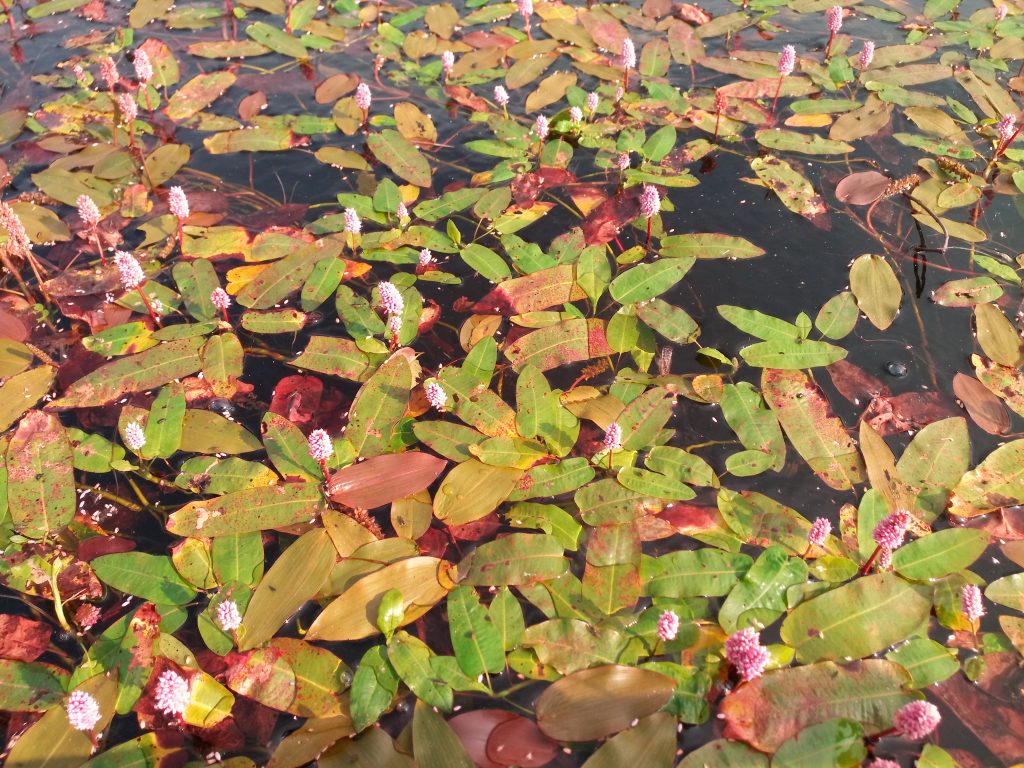
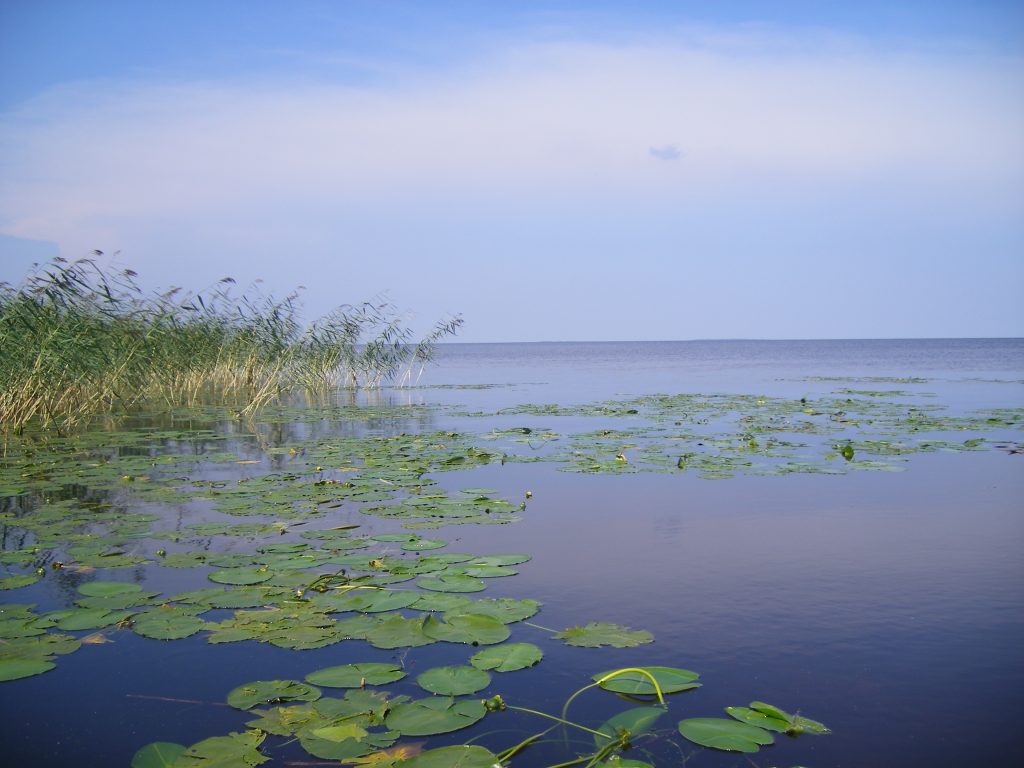
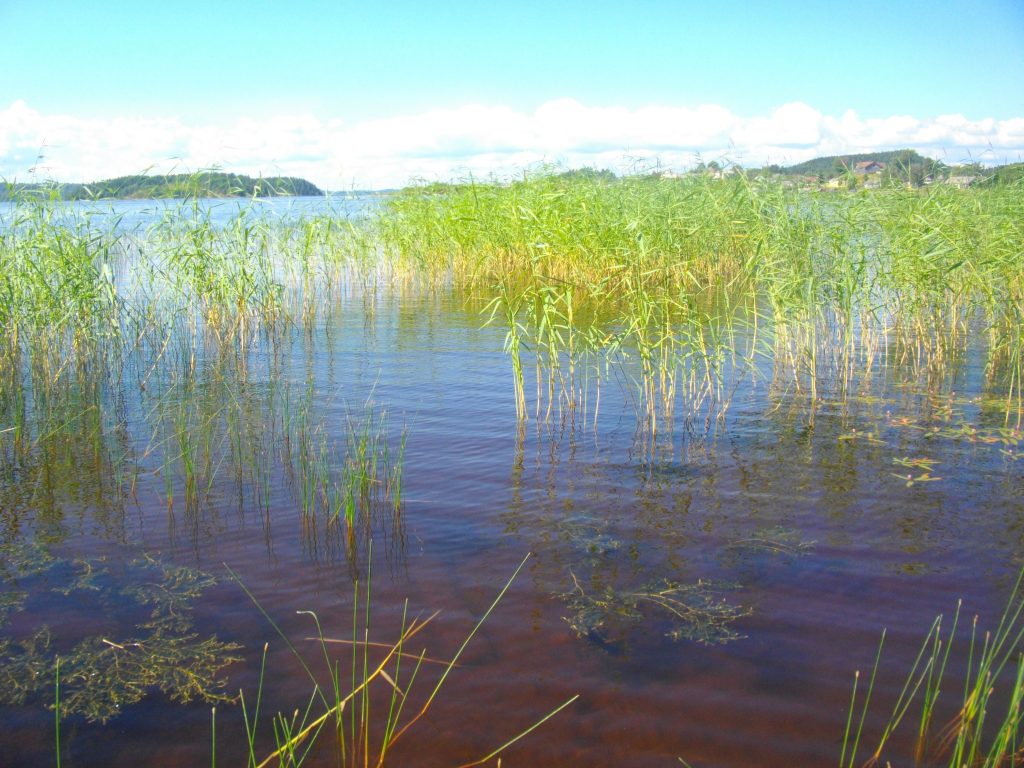
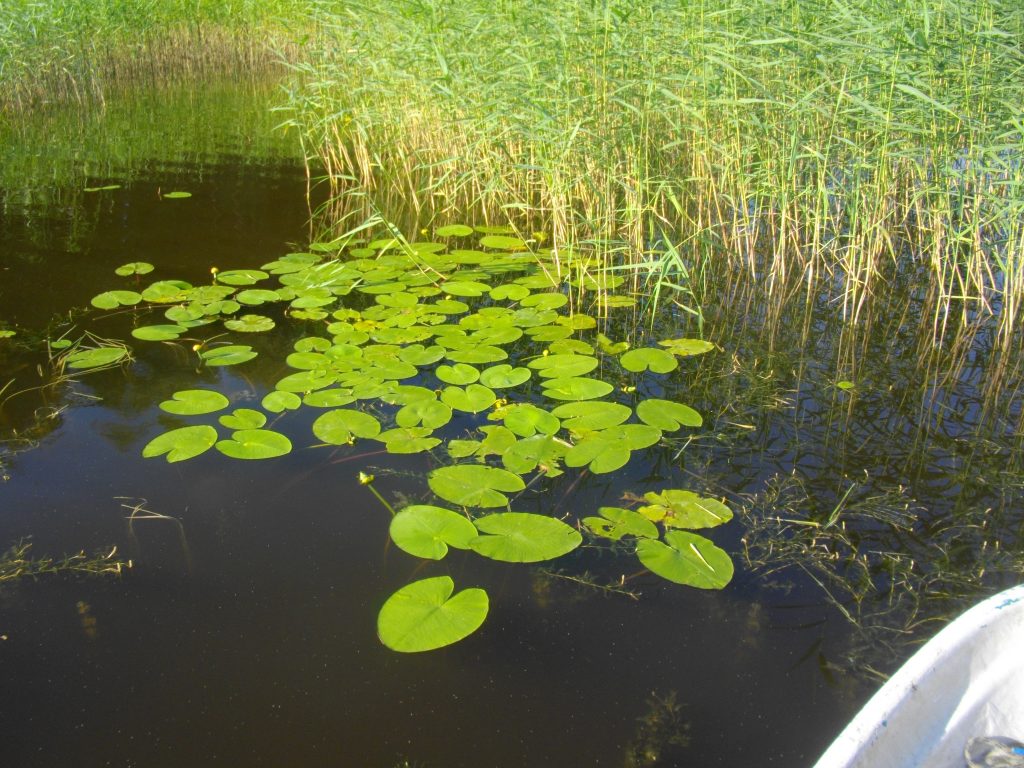
In June 2022, an experiment was conducted in the center of St. Petersburg on the use of ALGAECIDE in an artificial reservoir near to Mikhailovsky Castle. The pond was divided into two parts: experiment and control, the experimental part was injected by ALGAECIDE.
The goal is to suppress the development of cyanobacteria. The experiment showed good results: the concentration of phycocyanin, a pigment of cyanobacteria, in the experimental area of the reservoir became significantly lower than in the control area not treated with ALGAECIDE.
In water samples from the experimental part of the pond after injection with ALGAECIDE, a greater number of dead cells of cyanobacteria was observed. Also, in the experimental part, constantly lower oxygen concentrations were observed, which indicates more intense destruction processes associated with increased destruction of cyanobacteria cells.
It can be said with confidence that the new development can become an effective method of combating cyanobacterial «blooming» of water bodies and contribute to the rehabilitation of aquatic ecosystems.
Next step is preparing for the new field season to test the ALGAECIDE in natural conditions, on a small pond. In case of a successful experiment, it is planned to use the ALGAECIDE already in the Gulf of Finland, which will not be an easy task: it will be necessary to create local concentrations of the ALGAECIDE in open space.



